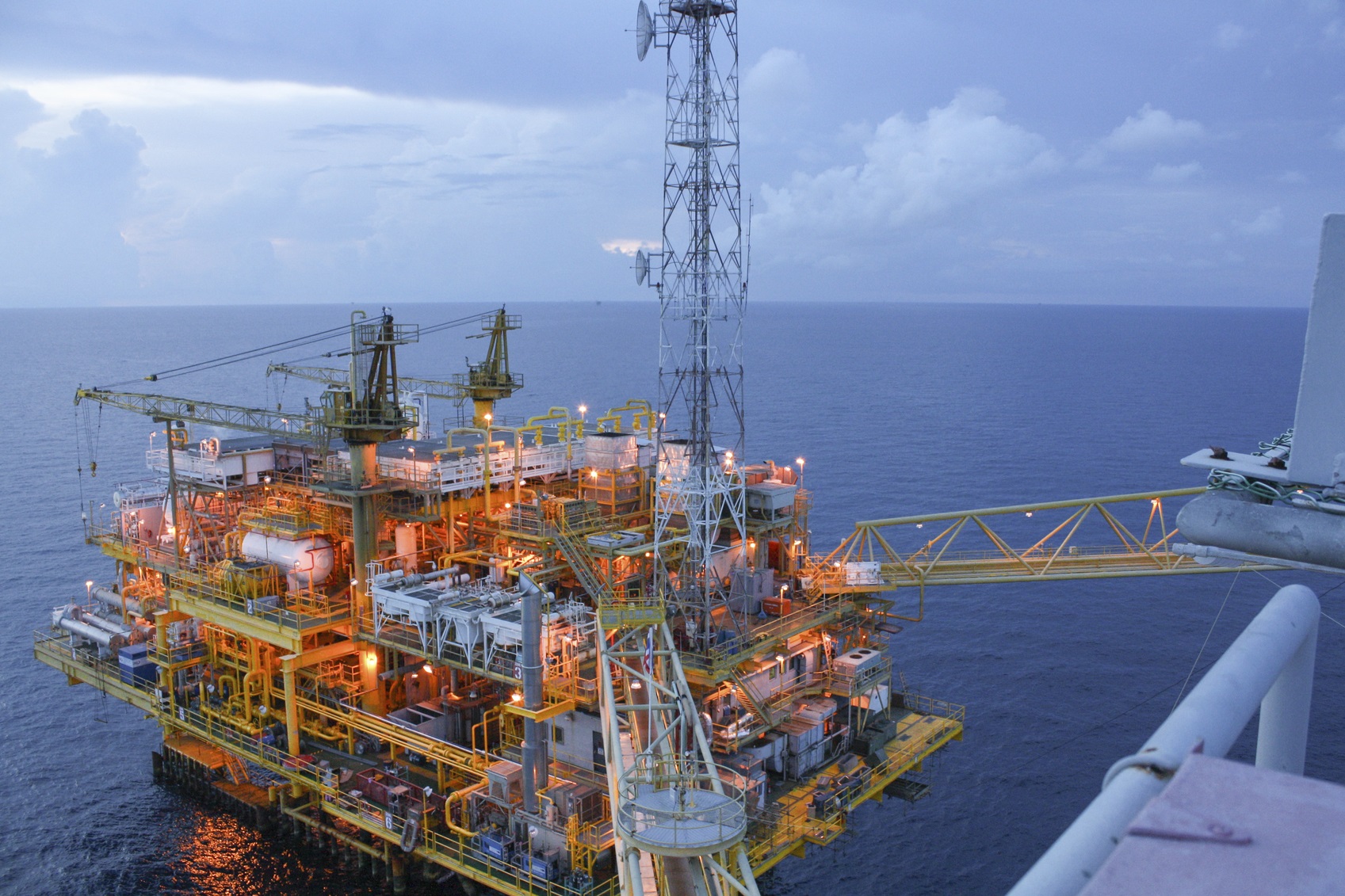Sustainable gas pathways for Brazil: from microcosm to macrocosm

1 May 2016
In April 2016, UCL ISR was awarded funding for an interdisciplinary programme on sustainable gas in Brazil. This is a UK/Brazil collaboration, funded by the Natural Environment Research Council (NERC) under the Newton Fund.
Led by the Sustainable Gas Institute at Imperial College and the Gas Innovation Centre at the University of São Paulo, this three year project aims to comprehensively assess the most challenging issues concerning a future sustainable role of gas in the Brazilian energy system.
UCL will be leading a work package focused on the socio-economic implications of biomethane pathways, which aims to identify the ways in which biomethane can contribute to livelihoods, economic growth and other development objectives. This work will also feed into the development of qualitative scenarios, led by UCL, which will explore the future of Brazil’s energy system that account for challenges for sustainable gas supply and consumption.
Abstract
Both in Brazil and globally, gas is at a crossroads. On one hand it is abundant, has an increasing share in global energy supply, is relatively clean-burning and is often an economically competitive fuel. On the other hand the gas supply chain and its combustion emit carbon dioxide and methane, which lead to global climate change. Alongside this, gas production, distribution and use have non-trivial life cycle interactions with natural capital and ecosystem services. For gas to have a sustainable future role arguably the principal challenge is in enabling its continued production and use .
Brazil could greatly expand domestic gas production from two sources. First, it has the world's second largest bio-fuel industry (and is the largest exporter), and bio-ethanol production by-products can be used to produce decarbonised gas. Second, large natural gas reserves have recently been found in offshore deep water pre-salt. Yet Brazil faces complex challenges in making the most of its gas resource potential; key among these is a limited national distribution infrastructure, concerns over the environmental impacts of gas production and supply chain choices on unique ecosystems, and questions over the distribution of socio-economic benefits flowing from sugarcane-energy resource exploitation. There are also issues to be addressed to ensure that gas-related developments in Brazil continue to bolster social, as well as economic, objectives, and foster inclusive as well as environmentally-sound economic growth.
The key technical opportunities for gas in Brazil are twofold:
- The first is in the decarbonisation of gas, given that Brazil has a substantial bio-ethanol industry (worth US$33billion in value added annually), which produces vast quantities of bagasse and other wastes. These waste products can be used to produce biogas/biomethane. In 2015 Brazil produced 7Mt of bagasse, and this is projected to rise to 26Mt by 2030, which could produce up to 1.9bcm methane per year.
- The second technical opportunity is the use of significant pre-salt reserves (potentially combined with the bio-methane) in power generation to counter seasonal fluctuations in natural flow hydro electricity output. The technical challenges to capitalising on these opportunities are in technology performance and cost for low carbon gas production, creating a comprehensive infrastructure to support the distribution of gas, and determining the most beneficial use of the significant pre-salt offshore reserves.
This project will investigate these opportunities via an interdisciplinary approach, encompassing process engineering, socio-economics, ecosystem impacts, and energy systems modelling:
- Process engineering simulation and optimisation will be developed for sugarcane ethanol production, including investigation of how this process needs to be adapted in order to use the waste products (e.g. bagasse) to co-produce biogas and/or biomethane alongside the ethanol.
- Investigation of the socio-economic implications of bio-methane from bio-ethanol bioproducts, drawing on the engineering process characterisation, in order to identify the ways in which it can contribute to livelihoods, growth, and other development objectives.
- The ecological consequences of increased use of natural gas in Brazil will be considered. This will translate gas development scenarios into land use projections, and estimate the impact of the land use change on the carbon cycle, water quality and provisioning of drinking water to population centres.
- The project will culminate in the production of self-consistent quantitative scenarios of gas development in Brazil to 2050. These will be produced via a qualitative narrative scenario development followed by application of a state-of-the-art energy transition simulation modelling to provide quantitative estimates of the role of gas in Brazil.
 Close
Close

